In today’s rapidly evolving technological landscape, Artificial Intelligence (AI) is making waves across various industries. Two sectors that are experiencing significant transformations are marketing and information technology (IT). In this blog, we will explore the impact of AI in marketing and IT, highlighting the benefits it brings and the challenges it presents, all in a way that’s easy to understand for everyone.
What is AI in Marketing?
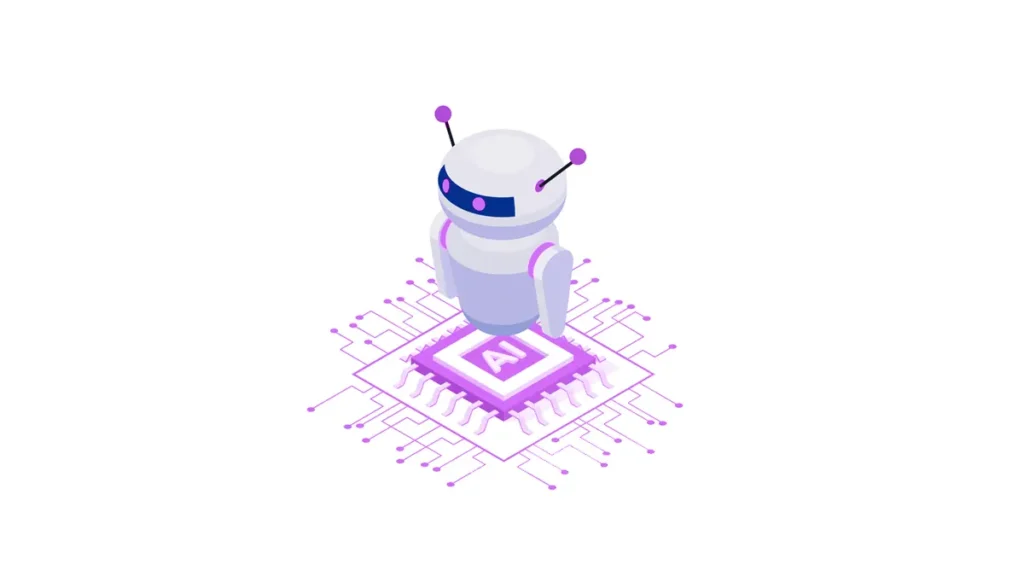
AI in marketing involves the use of advanced algorithms and machine learning to analyze vast amounts of data and make data-driven decisions. It helps businesses understand customer behavior, automate tasks, and create more personalized experiences.
Benefits of AI in Marketing
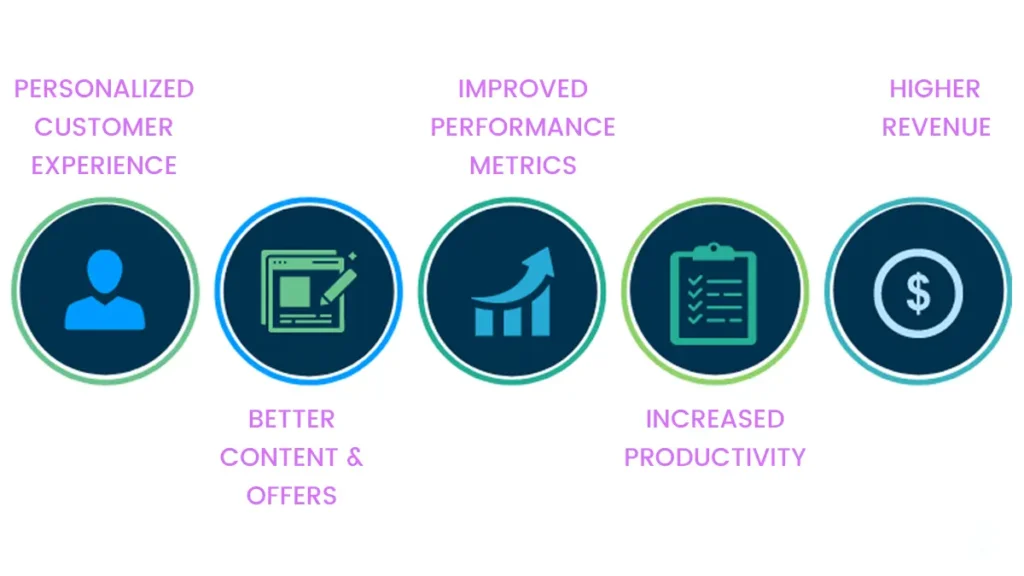
Enhanced Personalization
AI enables marketers to tailor content and recommendations to individual customer preferences, boosting engagement and conversion rates. For example, Netflix uses AI to recommend movies and shows based on a viewer’s past choices.
Improved Customer Insights
AI can process and analyze customer data to reveal valuable insights, helping companies make informed decisions and develop effective strategies. This can lead to more targeted marketing campaigns and product offerings.
Automated Marketing Campaigns
AI-powered tools can automate repetitive tasks such as email marketing, social media scheduling, and even content creation, saving time and resources. Email marketing platforms like Mailchimp use AI to optimize email send times for better open rates.
Predictive Analytics
AI can predict future trends and customer behavior, allowing marketers to proactively adapt their strategies. E-commerce giant Amazon uses AI to forecast demand and optimize pricing.
Challenges of AI in Marketing
While AI in marketing holds immense promise, it also presents several challenges that businesses must navigate:
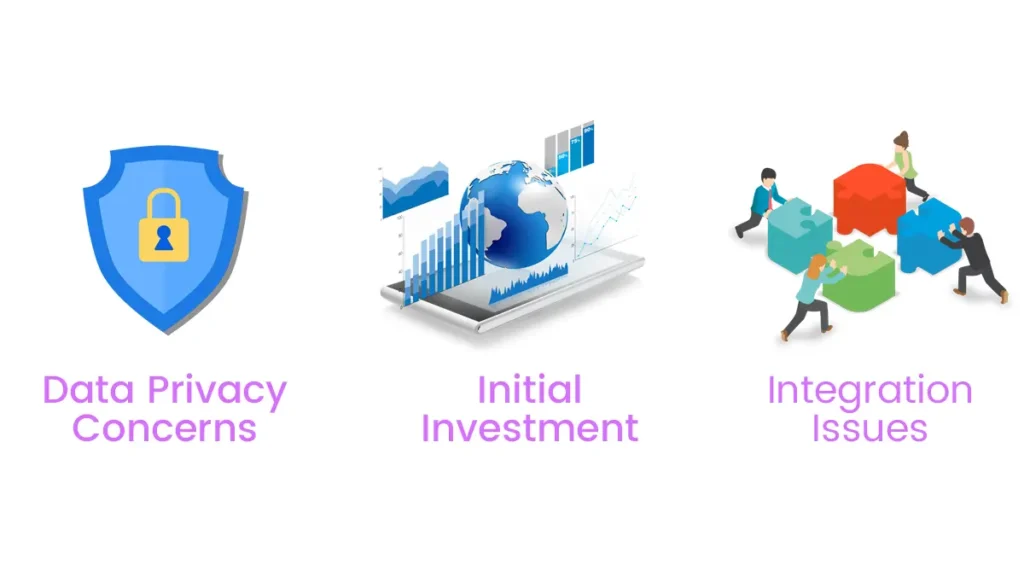
Data Privacy Concerns
With AI’s ability to gather and process vast amounts of data, there are concerns about data privacy and potential misuse. Marketers must navigate the delicate balance between personalization and respecting customers’ privacy.
Initial Investment
Implementing AI in marketing requires a significant initial investment in technology and training. Small businesses may find it challenging to compete with larger enterprises in this regard.
Integration Issues
Integrating AI into existing marketing systems can be challenging and may lead to compatibility issues. Ensuring seamless integration is crucial to avoid disruptions.
AI in IT: Transforming the Tech Landscape
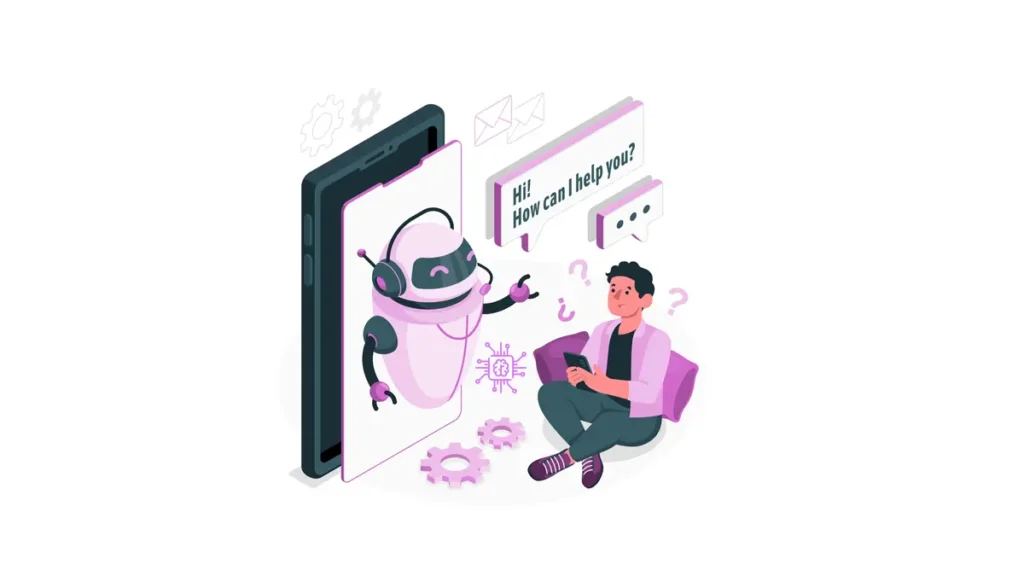
AI in IT is reshaping the tech landscape in profound ways. It’s like having an intelligent assistant in the world of information technology, streamlining processes, enhancing security, and making systems more efficient.
Imagine a world where cybersecurity threats are detected and thwarted in real-time, where IT systems are maintained proactively to reduce downtime, and where routine tasks are automated, freeing up IT professionals for strategic work.
AI in IT involves the use of artificial intelligence to optimize and automate various IT-related tasks, making systems more efficient and secure.
Benefits of AI in IT
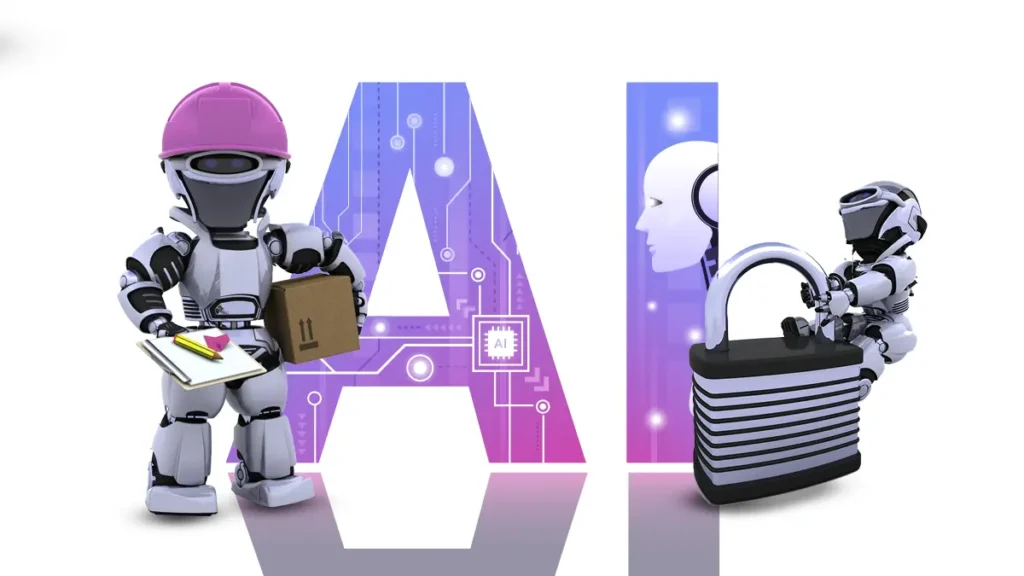
Improved Security
AI can detect and respond to cybersecurity threats in real-time, protecting sensitive data from breaches. Cybersecurity companies like Darktrace use AI to identify and mitigate threats autonomously.
Predictive Maintenance
AI can predict when IT systems or equipment are likely to fail, allowing for proactive maintenance and reducing downtime. For example, airlines use AI to predict engine failures in aircraft.
Enhanced Efficiency
Automation through AI can streamline routine IT tasks, freeing up IT professionals to focus on more strategic activities. This can lead to cost savings and increased productivity.
Better Customer Support
AI-powered chatbots and virtual assistants can provide round-the-clock support, improving customer service. Companies like IBM use AI-driven virtual agents to assist customers with technical issues.
Challenges of AI in IT

Skill Gap
Implementing AI in IT requires skilled professionals who understand both AI and IT systems, which can be a challenge to find. Continuous training and development are essential to bridge this gap.
Cost of Implementation
Developing and integrating AI solutions into existing IT infrastructure can be costly. Companies must carefully assess the ROI of AI projects to justify these expenses.
Ethical Concerns
AI in IT raises ethical questions, particularly when it comes to decisions made by AI algorithms. Ensuring ethical AI practices is crucial to maintain public trust and avoid biased outcomes.
AI is reshaping the landscape of both marketing and IT sectors. While it brings numerous benefits such as enhanced personalization, improved efficiency, and better security, it also comes with challenges like data privacy concerns and the need for skilled professionals. As these sectors continue to embrace AI, it’s essential for businesses to strike a balance between reaping the rewards and addressing the challenges. By doing so, they can harness the full potential of AI to stay competitive in the ever-evolving digital age. Whether you’re a marketer or an IT professional, understanding the transformative power of AI is key to thriving in these dynamic industries.








